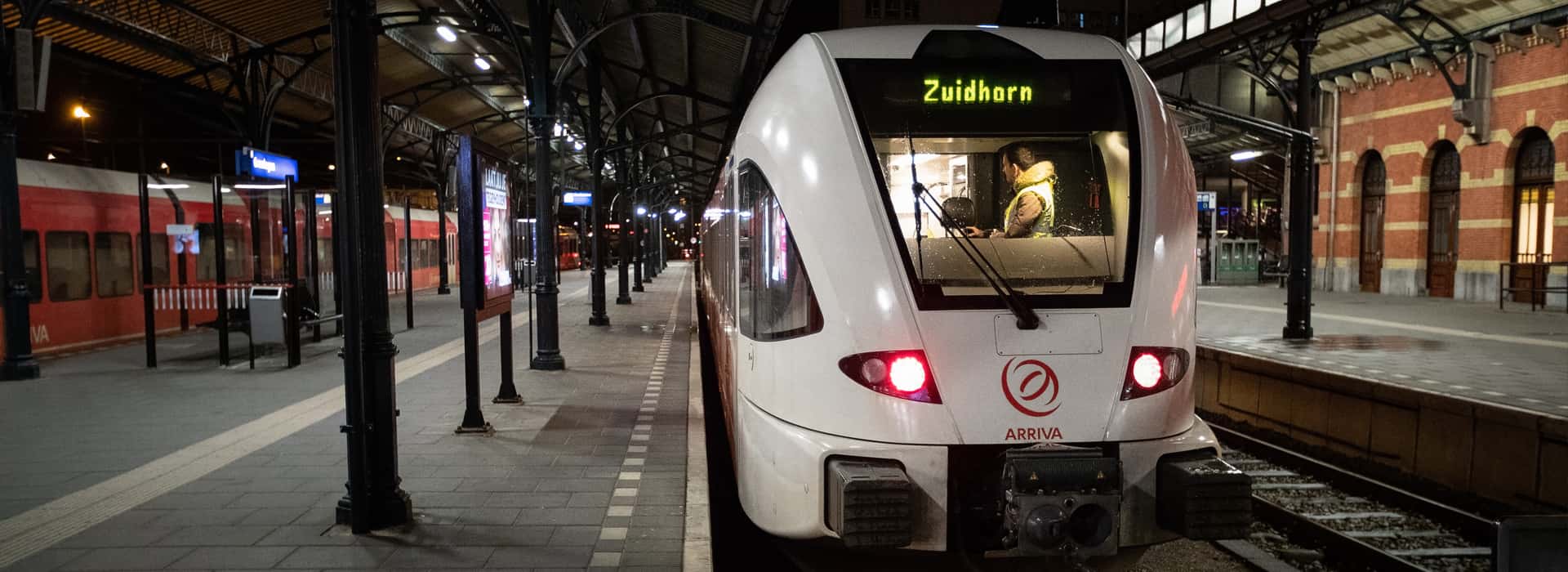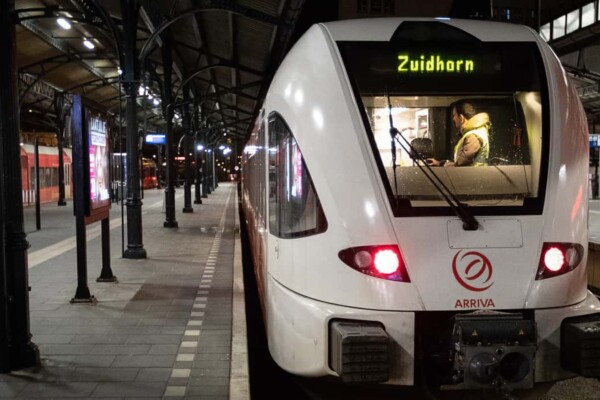Spoor De Vork – Buitenpost
Automatic Train Operation (ATO) allows more trains to run on existing railway lines. Its ultimate implementation however does require a lot of research and testing.
Automatic Train Operation
Automatic Train Operation (ATO) is a technology used to automate the operation of trains. t’s a support system for train drivers, which is capable of taking over operation tasks. ATO is classified in five different Grades of Automation (GoA), here it is tested at GoA2 (second level). This means that starting (traction) and stopping are automated. This is similar to the automatic pilot system in a plane. Automated driving allows trains to drive closer together in a safe manner. This makes more train traffic possible. In addition ATO saves energy due to optimising accelerating, keeping speed limits and braking. And lastly: ATO offers the opportunity to further improve the reliability of rail transportation.
Follow-up
Up to 2025 the railway industry will continue to research ATO. Determining the exact location of trains is essential for ATO systems. The new European Rail Traffic Management System (ERTMS) will be of great help in this context. We will also further explore how we can gain more insight into the ATO’s energy saving potential.
Field labs
Over the coming years multiple field labs are to be developed and expanded, thus working step-by-step towards testing and developing effective implementation within for instance PT concessions. Here, certification also plays a major role, allowing these labs to be unique in Europe. The field labs will be exchanging knowledge and experience with each other, closely linked as they are. Testing and development can partly be conducted at other field labs (drones at Zernike, shuttles at the taxi runway at the Groningen Airport Eelde or at the Eemshaven, etc.). The whole development process and its expedition also requires connecting at an educational level regarding training, research and internships. For this reason, structural collaboration – rather than the current fragmented projects – is sought at the field labs with the Noorderpoort Regional Educational Centre, the Hanze University of Applied Sciences, the University of Groningen as well as other educational institutions. Wherever possible as well as useful, we are developing additional field labs in the Northern Netherlands.

